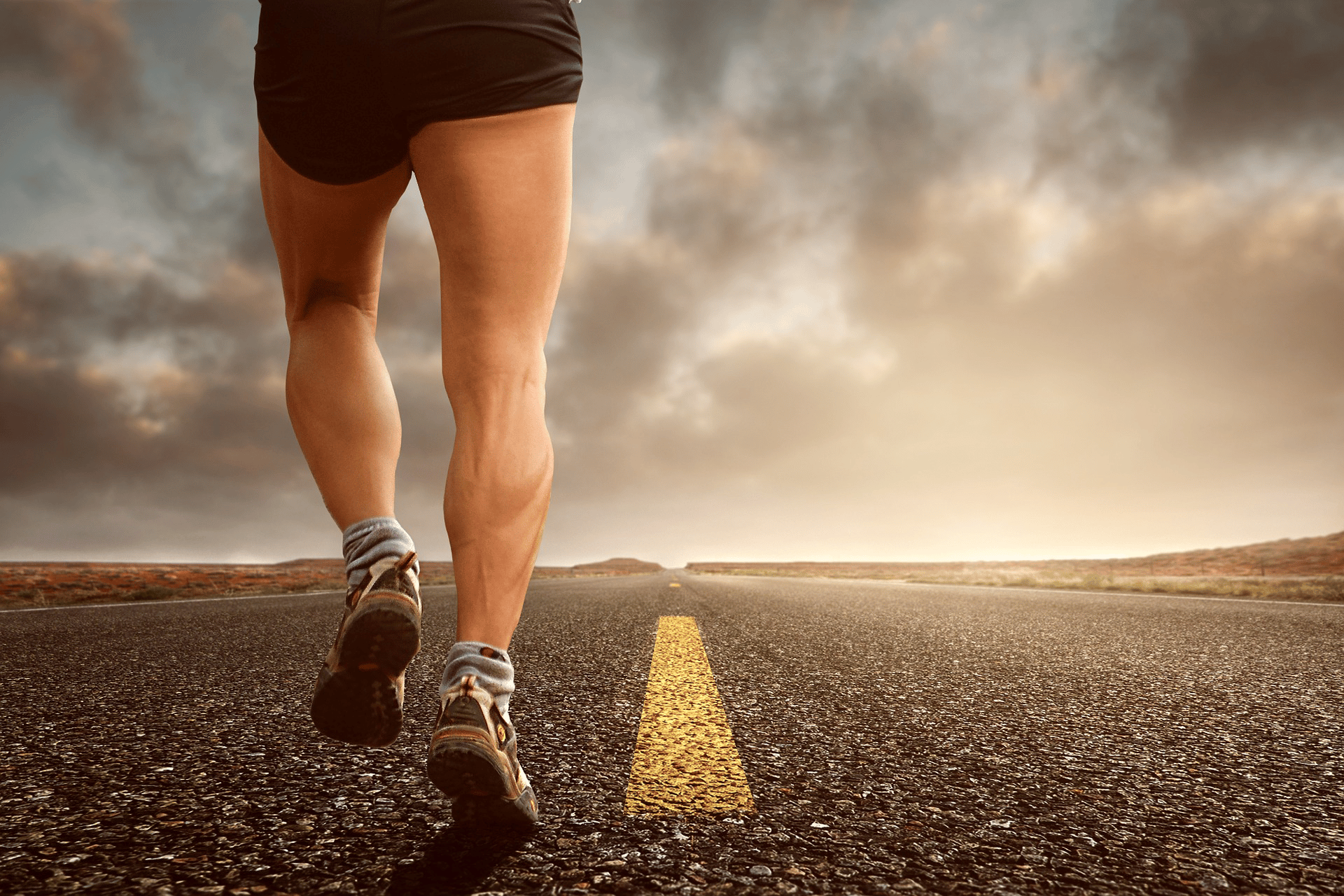We see many different sports related aches, pains and injuries in our clinic, but one of the most frequently presented is those experienced by runners.
From lower back pain, to knee injuries, the body is put under huge stresses from pounding the pavement, especially when preventative measures aren’t taken.
Your lower back and pelvis are the powerhouse of your running. They need to be flexible and balanced to allow smooth full movement, as well as being strong and stable to allow that power to be transferred into the legs and ground to move you. The pressure on your lower back can go into overdrive if the core muscles around it aren’t strong enough, along with compensating for weaknesses around your hips, glutes and hamstring.
If your core isn’t strong enough then competing forces will cause imbalance, instability and eventually problems. These problems may appear anywhere along the biomechanical chain so anything from plantar fasciitis to discal injuries, to neck and shoulder issues.
It’s important to also be aware lower back pain can also present itself with a combination of other pains, including muscle spasms, shooting leg pain, and arthritis which may need additional treatment. Usually when you start getting secondary problems and symptoms it’s a sign that your body has compensated as much as it can and has thrown the stress onto other areas to cope!
So, what can you do to reduce the risk of lower back pain?
Stretch: By giving your body a good stretch before and after each run, it will lengthen the muscles which tighten and shorten during running Ideally active stretching to warm up and passive stretches to cool down.
Movement: Ensuring you engage the body in regular exercise in between runs will help keep the joints and muscles supple and build up core strength include some form of cross training into your routines, don’t just run.
Treatment: Our bodies are not sophisticated enough to assess a problem before it hurts, getting a professional to look at you is essential. Including regular chiropractic visits or sports massages into your recovery routine can help identify and speed up improvements to areas of concern Every chiropractor I know sees their own chiropractor for treatment to pick up problems before they start to cause symptoms!
Footwear: Wearing comfortable and supportive shoes with orthotics or insoles if necessary
Nutrition: Eating the right combination of foods will release energy and also aid with the speed of recovery. Your body needs the right raw materials to fix itself. A good quality diet rich in the right supplements will go a long way to helping speed repair and recovery
Rest: Resting is vital to repair your nervous system which needs time to recover as does your muscular system.
Join us at our Free Runners Breakfast and Learn Session
We are hosting a free breakfast and learn event at our Horsforth Clinic for runners of Leeds to come and find out more about how we can help your running performance, along with exercise and posture demos, gait analysis and a yummy breakfast.
– Wednesday 31st July 7.45am-9am
– Thursday 12th September 7.45-9am
To book, simply email reception@broadgatechiropractic.com with your preferred date and running club to secure your place.


